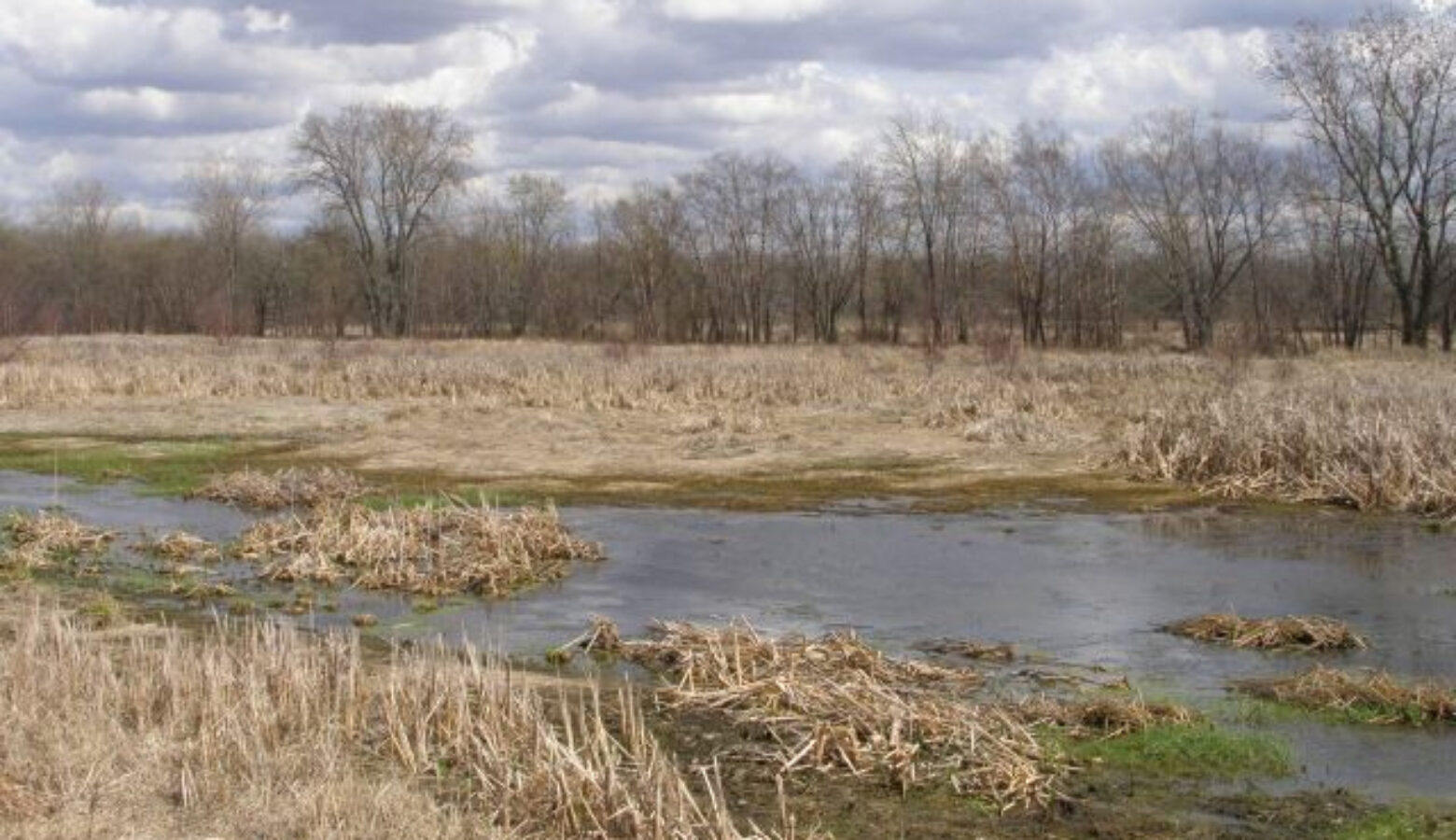Bill would make sure controversial wetlands law works as intended

Two years ago, the legislature passed a law that removed protections for about half of all wetland acres in Indiana. But some lawmakers and developers say the state is still regulating some of those wetlands.
An amendment to Senate Bill 414 aims to make sure that law is carried out as the legislature intended.
Class 1 wetlands are less pristine wetlands that still help reduce flooding and improve water quality. When the law removed protections for them, it was supposed to make it easier for developers and farmers to work on their land.
But Rep. Doug Miller (R-Elkhart) said recently the Indiana Department of Environmental Management has made it hard to classify a wetland as a Class 1.
“Most isolated wetlands now fall into the more restrictive Class 2 and Class 3 wetlands,” he said.
READ MORE: Wetland task force says state needs funding, legislation
Join the conversation and sign up for the Indiana Two-Way. Text “Indiana” to 73224. Your comments and questions in response to our weekly text help us find the answers you need on statewide issues throughout the legislative session. And follow along with our bill tracker.
Miller’s amendment would clarify how Class 1 wetlands are defined and what counts as a wetland “disturbance.”
The amendment was added to a bill on septic systems which has already passed the state Senate and a House committee.
Rep. Maureen Bauer (D-South Bend) and other Democrats on the committee urged the chair to hold the bill until more of the public had a chance to review it. She said the 2021 wetlands law was contentious — more than 100 groups asked the governor to veto it.
“So it wasn’t really a simple bill to pass through. Now we’re looking at the intent of the bill. So if we’re going to open that back up, I think we should open more public testimony,” Bauer said.
The public can still encourage their lawmakers to vote for or against the bill, but now that it’s passed committee there won’t be another opportunity for the public to testify.
The bill now moves to the full House for consideration.
Rebecca is our energy and environment reporter. Contact her at rthiele@iu.edu or follow her on Twitter at @beckythiele.

